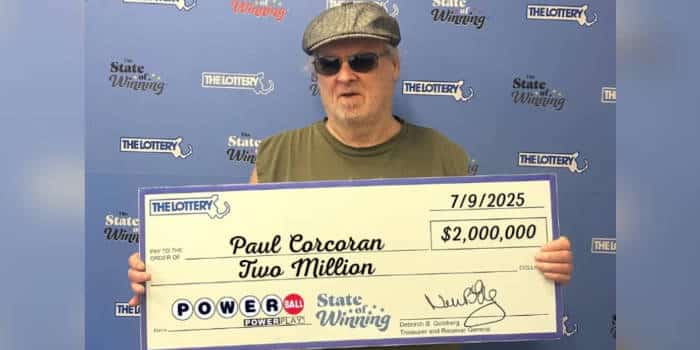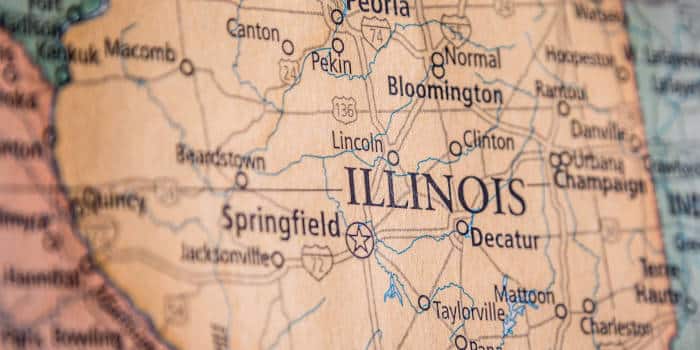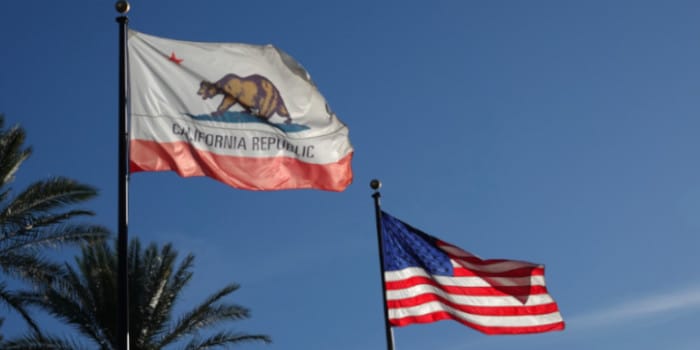- Casino
- By State
- Alabama
- Alaska
- Arizona
- Arkansas
- California
- Colorado
- Connecticut
- Delaware
- Georgia
- Florida
- Hawaii
- Idaho
- Illinois
- Indiana
- Iowa
- Kansas
- Kentucky
- Louisiana
- Maine
- Massachusetts
- Maryland
- Michigan
- Minnesota
- Mississippi
- Missouri
- Montana
- Nebraska
- Nevada
- New Hampshire
- New Jersey
- New Mexico
- New York
- North Carolina
- North Dakota
- Ohio
- Oklahoma
- Oregon
- Pennsylvania
- Rhode Island
- South Carolina
- South Dakota
- Tennessee
- Texas
- Utah
- Vermont
- Virginia
- Washington
- West Virginia
- Wisconsin
- Wyoming
- By State
- Slots
- Poker
- Sports
- Esports
The NCPG Asks Payment Providers to Stop Credit Cards for Gambling

The U.S. National Council on Problem Gambling has issued new regulatory measures, asking regulators and payment providers to first restrict gambling payments with certain methods and secondly disclose the relevant information to comply with safety measures.
Problem Gambling Targeted Preemptively by National Council
With sports gambling spreading across the United States and some 14 states already offering legal opportunities to place a wager, gambling harm should be taken even more seriously. That is the opinion of the National Council on Problem Gambling which has drafted new guidelines for payment companies to comply with.
According to the NCPG, these guidelines will play a crucial role in reducing the overall harm associated with gambling. Similar moves have already been undertaken in the United Kingdom where Barclays, HSBC and a number of other banks, have banned credit cards as a viable payment options and so has the UK Gambling Commission, the national regulator.
The NCPG is not leaving any stone unturned in its latest recommendations to companies, cautioning about potential downsides and what to expect. The official statement of the watchdog says that limiting harmful payment option is in the essence of controlling problem gambling and developing symptoms thereof, but there is more:
For limits to be effective they must be able to apply across accounts and types of gambling regardless of the method of payment.
Limiting Payments Daily, Weekly and Monthly
The NCPG is planning to introduce various ways of moderating gaming habits, and specifically by adding numerous limitations on the daily, weekly, and monthly payments a person can make. Along with encouraging safer payment practices, the watchdog also addressed another sensitive issue – money laundering and source of wealth.
KYC and AML practices are popular in the United Kingdom, as one of the most developed markets, but moving forward, all sports and casino gambling businesses in the US will have to comply and subject all players to the same level scrutiny as most other regulated markets do.
The NCPG also targets self-exclusion as one of the available options in future as well as an age verification process as part of KYC practices. Meanwhile, the watchdog also said that payment providers would need to disclose information about individual transactions so that they can be regulated and seen as compliant with the NCPG’s new guidelines.
Regulators should also ensure that the new payment guidelines issued by the NCPG actually lead to a drop in the overall incidence of gambling harm cases. Payment providers will also have to step up their efforts and address players, reminding them of the potential dangers of gambling.
The U.S. is not yet experiencing too much harm from gambling and some 90% are considered to practice safe and responsible gambling according to the American Gaming Association (AGA).
Simon is a freelance writer who specializes in gambling news and has been an author in the poker/casino scene for 10+ years. He brings valuable knowledge to the team and a different perspective, especially as a casual casino player.
Next Article


Legal
February 3, 2020
Nebraska Senate General Affairs Committee Next Stop for Poker Bill
Must Read
More Articles






Lottery
July 18, 2025
Man Wins $1M from 2 Powerball Tickets

Industry
July 18, 2025
Carnival Corporation Becomes Member of AGA

Casino
July 18, 2025
Evolution on Q2 Results: “2025 Will Be a Great Year”

Poker
July 17, 2025
Michael Mizrachi Takes WSOP Main Event, Wins $10M

Industry
July 17, 2025
New Jersey Gaming Posts $581.6M in Revenue for June










